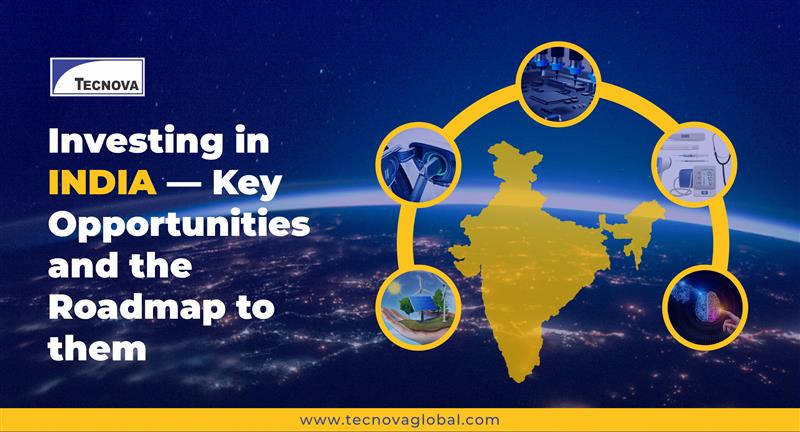Major Challenges Being faced by the Indian Automotive Industry
The Indian automotive sector has witnessed excellent growth in the recent past and is all set to carry on this momentum. The Indian automobile industry has come a long way since its launch in erstwhile Bombay in 1898. Currently, the automotive sector is contributing majorly to the Indian economy both in terms of revenue and in terms of employment. Directly or indirectly this sector employs more than ten million people in the country. The Indian automotive industry comprises heavy vehicles, passenger cars and two-wheelers. While the heavy vehicles sector is dominated by major players like Eicher Motors, Mahindra and Mahindra, Ashok Leyland and Tata Telco, the major car manufacturers are Hindustan Motors, Maruti Udyog, Ford India Ltd, Hyundai Motors India Ltd. and Tata Motors. In the two-wheeler segment, the dominant players are Bajaj, Hero Honda, TVS and Yamaha.
Since independence, there have been several limitations that the automotive sector has overcome. Measures such as reduction of tariffs on imports, relaxation of the foreign exchange and equity regulations, and refining the banking policies played a major driver in turning around the Indian automobile industry. The Indian automotive industry is gearing up for major challenges in the coming years. Entrepreneurs in the automotive manufacturing industry are confronted with many challenges. With changes in government regulations, altering the world economy, relative prices and market dynamics it becomes difficult to adopt strategic planning for the automotive business.
Key challenges in the Indian Automotive Sector
There are some pressing questions that are currently worrying the automotive manufacturers in India:
- Will there be a decline in car ownership with the rise of autonomous driving?
- How will the make of the vehicles change with the government’s increasing focus on fuel-efficient technology?
- How should the automakers modify their business strategies as sales slowdown in mature markets’ demands and demographics start shifting?
As the automotive world gears up to answer these questions, there are five key challenges that form the crux of these indispensable areas of concern in the Indian automotive world:
The ever-expanding Chinese market: one of the biggest challenges of automakers outside China, is the risk of competing with China. In the last fifteen years, China has been the leading automotive market. The volume growth has helped the country to overcome other structural and competitive challenges. The biggest challenge for the planners of the automotive market is to plan a strategy keeping in mind China’s outlook.
The evolution of connected cars: connected are the biggest transformational changes in the automotive industry, but it is also one of the biggest unknowns. The concept of connected cars serve as a communication hub that receives and transmits data from its surroundings. However, this technology is still in such a nascent stage that it is creating uncertainties and questions such as who will buy the car, who will deliver these services, whether the current automakers will be able to navigate through all these uncertainties keep plaguing the automotive world.
Increased competition: of all the myriad issues facing the automotive world, one of the pressing problems is the sales demand flattening in mature markets like Europe and Japan and competition rising from other manufacturers. The slowdown is sales is directly proportional to the increasing competition.
Balancing the demands of technology and government: the major global automotive markets have been facing stringent legislation focusing on controlling carbon dioxide emission and other exhaust gas emissions. This is done to improve fuel economy. One of the key challenges in the industry is to make the right powertrains and technology choices to cater to changing social preferences in a changing regulatory environment.
Consolidation of platforms: intensifying competition, state regulators and global consumers are making global automakers rethink their platform strategy. The trend towards consolidation of modular architectures or mega-platforms is slowly replacing the earlier rationalization of segments. Hence this is becoming one big challenge for automakers.
Conclusion
It goes without saying that the automotive industry is one of the ripest industries in India. But that does not stop it from being fraught with challenges and issues. Overcoming these challenges will enable the Indian automotive industry to become one of the biggest disruptors in the global market. Tecnova is a consulting firm in India that has in-depth knowledge about the automotive ecosystem. Being in the automotive sector for more than three decades and having worked with more than 500 clients in this sector, on different issues, Tecnova has the domain knowledge that can help automotive companies make the right strategic decisions.





.png)




















.png)

.png)









.jpg)




.jpg)




































































